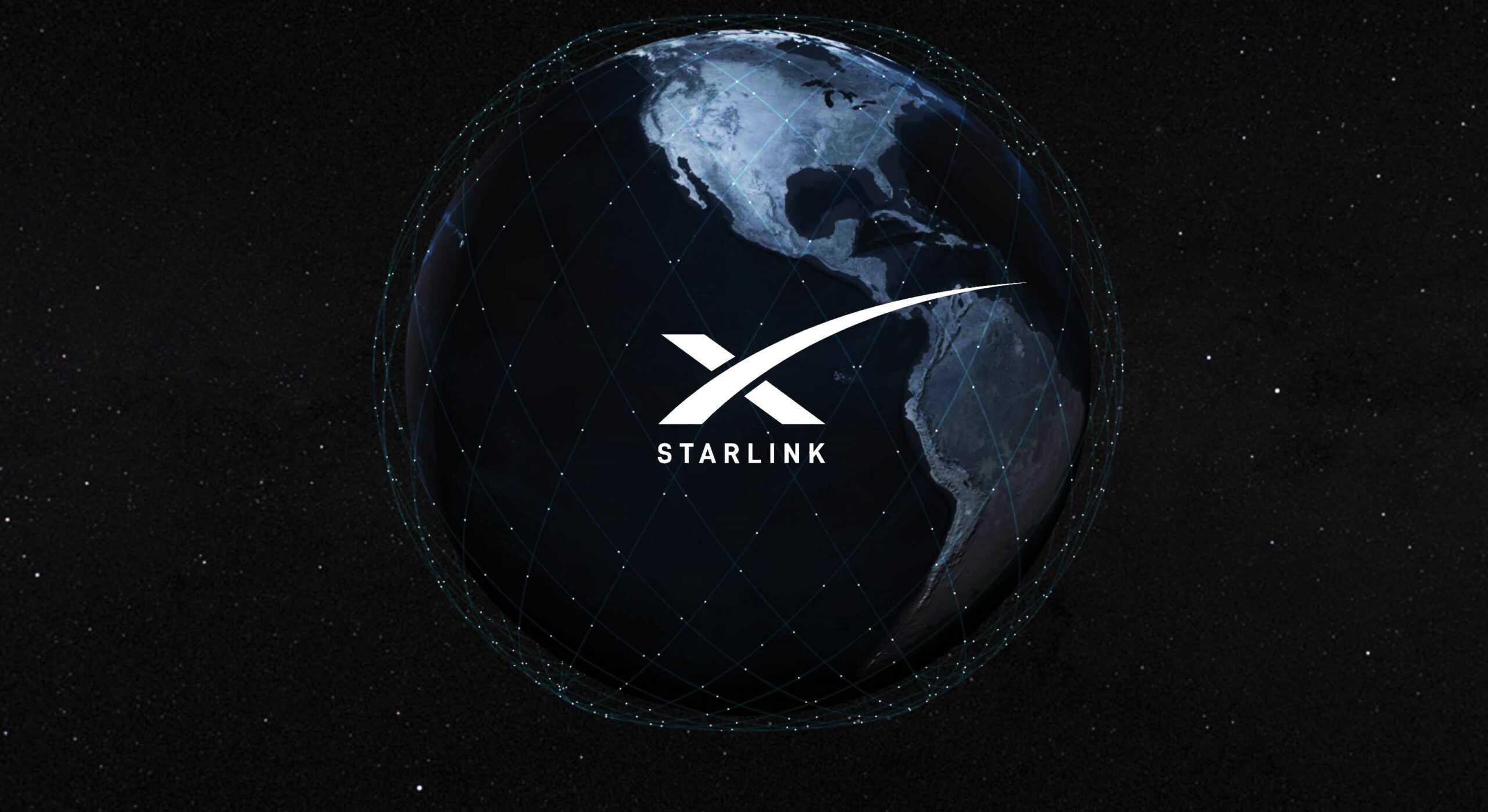The Communications Regulatory Authority of Namibia (Cran) has accused Starlink, operated by SpaceX, of offering telecommunications services in the country without the required licence. In a statement issued on Thursday, Cran announced the completion of an investigation that confirmed the company’s illegal operations.
Starlink, a division of SpaceX, provides satellite internet services through low-earth orbit satellites. It aims to deliver high-speed connectivity, particularly in remote and underserved areas.
CEASE-AND-DESIST ORDER ISSUED
The Namibian reported that Starlink was served a cease-and-desist order to immediately halt all operations in Namibia and that Cran warned consumers not to purchase Starlink terminal equipment or subscribe to its services, as such activities violate Namibian law.
Cran further stated that its investigators had confiscated illegal Starlink terminals from users and initiated criminal cases in collaboration with the Namibian Police.
LICENSING ISSUES IN NAMIBIA
Cran Chief Executive Emilia Nghikembua emphasised the importance of compliance: “Starlink must meet all licensing requirements before operating in Namibia. Cran remains committed to enforcing the Communications Act to ensure fair competition, consumer protection, and regulatory compliance.”
While Starlink has submitted an application for a telecommunications service licence, the approval process remains ongoing. Until then, its services in Namibia remain unauthorised.
IMPACT ON CONSUMERS
The ban leaves Namibian consumers in limbo, especially those in rural regions who had started using Starlink to access reliable internet. Cran’s actions reflect its focus on enforcing legal frameworks while fostering fair competition in the telecommunications sector.
STARLINK SETS SIGHTS ON SOUTH AFRICA
According to Investing.com, Starlink, known for its affordable satellite internet solutions, could help address South Africa’s high broadband costs, especially in underserved communities.
However, the publications reports the company faces a regulatory hurdle: the requirement for 30% black ownership to secure an Electronic Communications Network Service (ECNS) licence.
In a promising development, Communications Minister Solly Malatsi has announced plans to extend the Equity Equivalent Program (EEP) to multinationals. This adjustment would enable companies like Starlink to invest in initiatives that directly benefit black-owned businesses and communities, aligning with South Africa’s Broad-Based Black Economic Empowerment (B-BBEE) goals.
What are your thoughts on Namibia’s decision to ban Starlink operations?
Let us know by clicking on the comment tab below this article, emailing info@thesouthafrican.com, or sending a WhatsApp to 060 011 0211.You can also follow @TheSAnews on X and The South African on Facebook for the latest updates.
